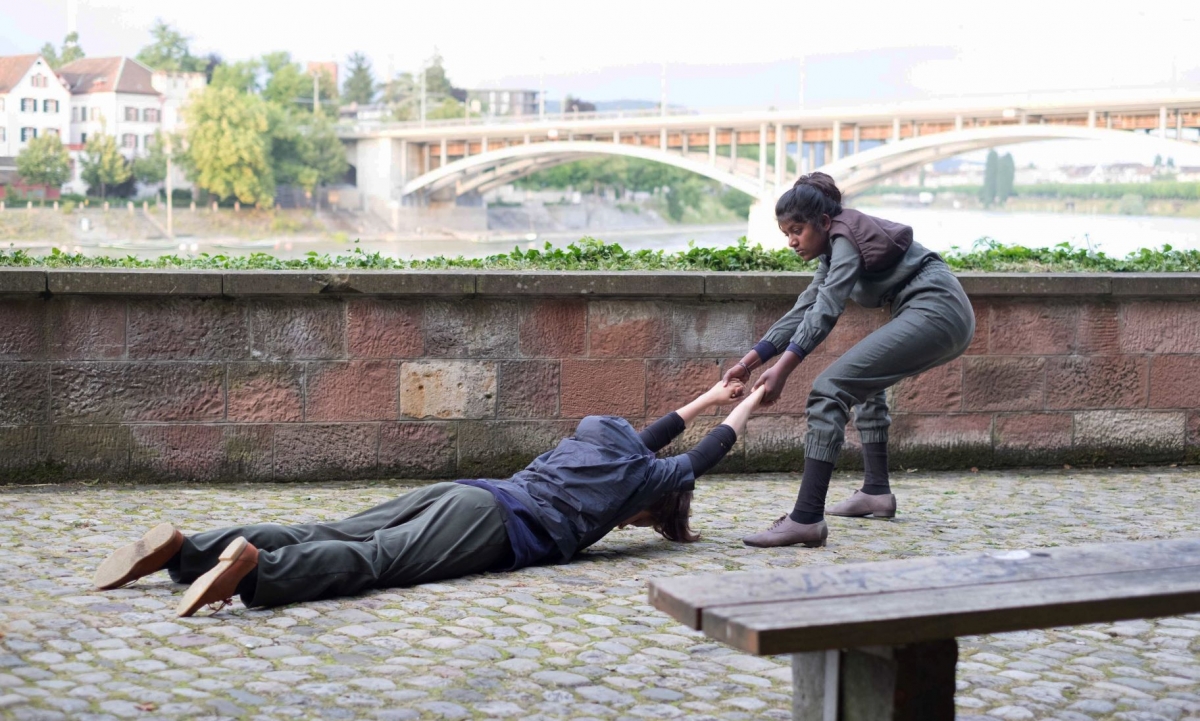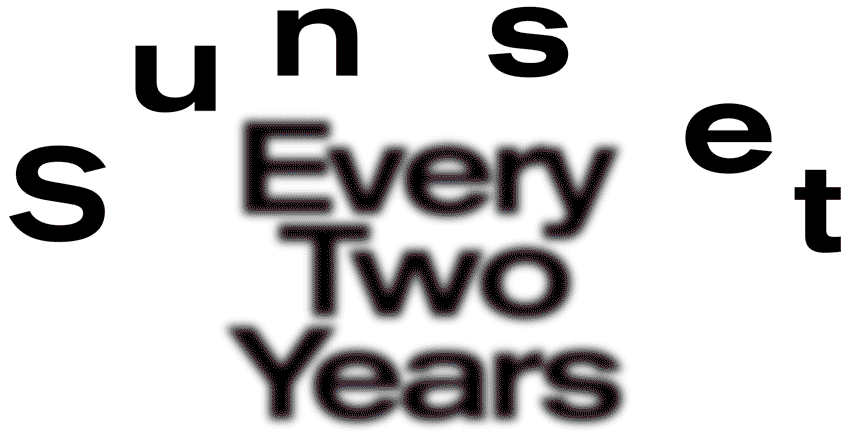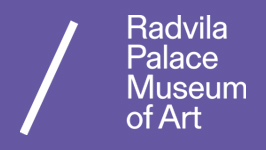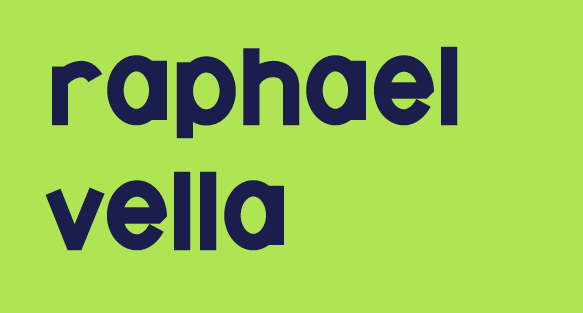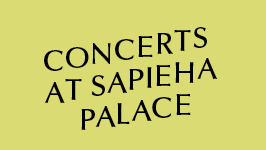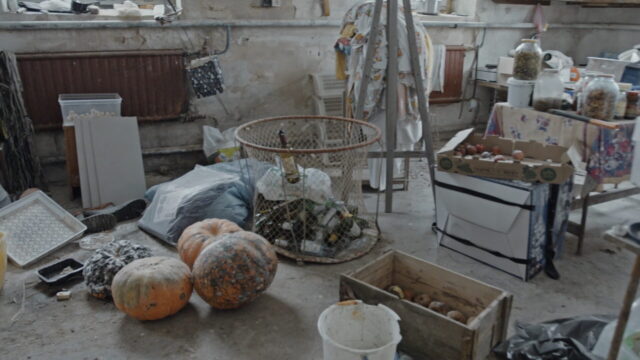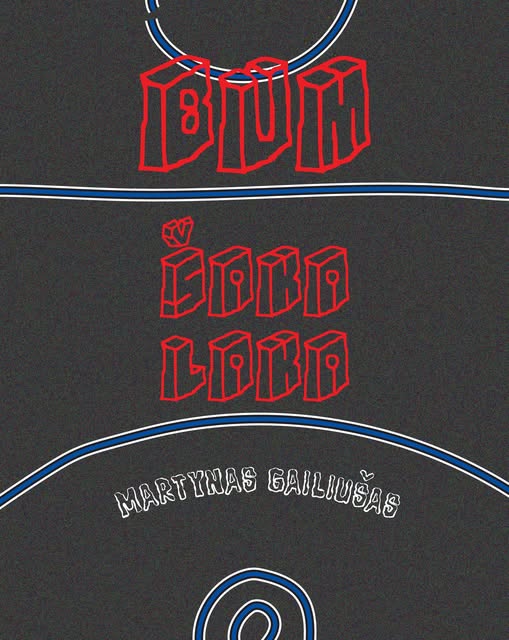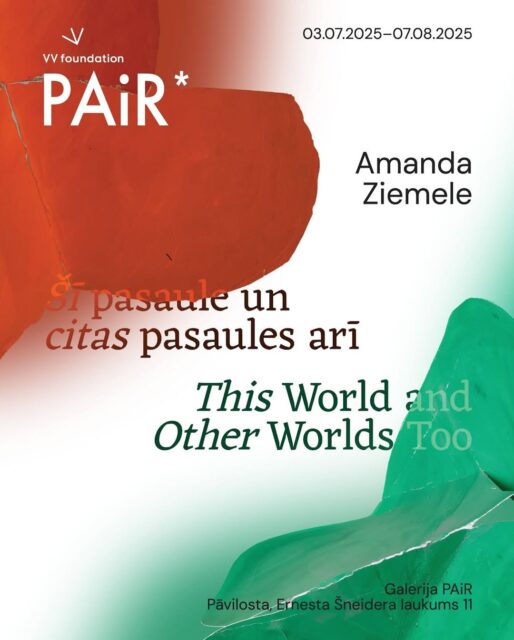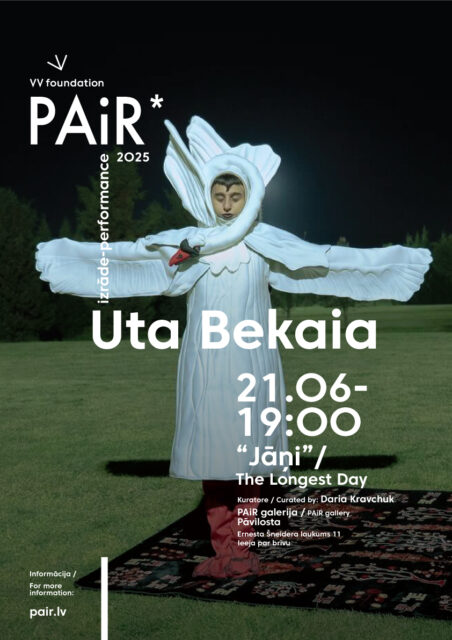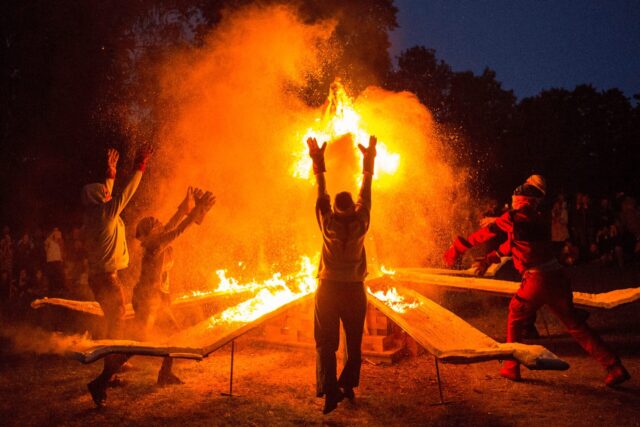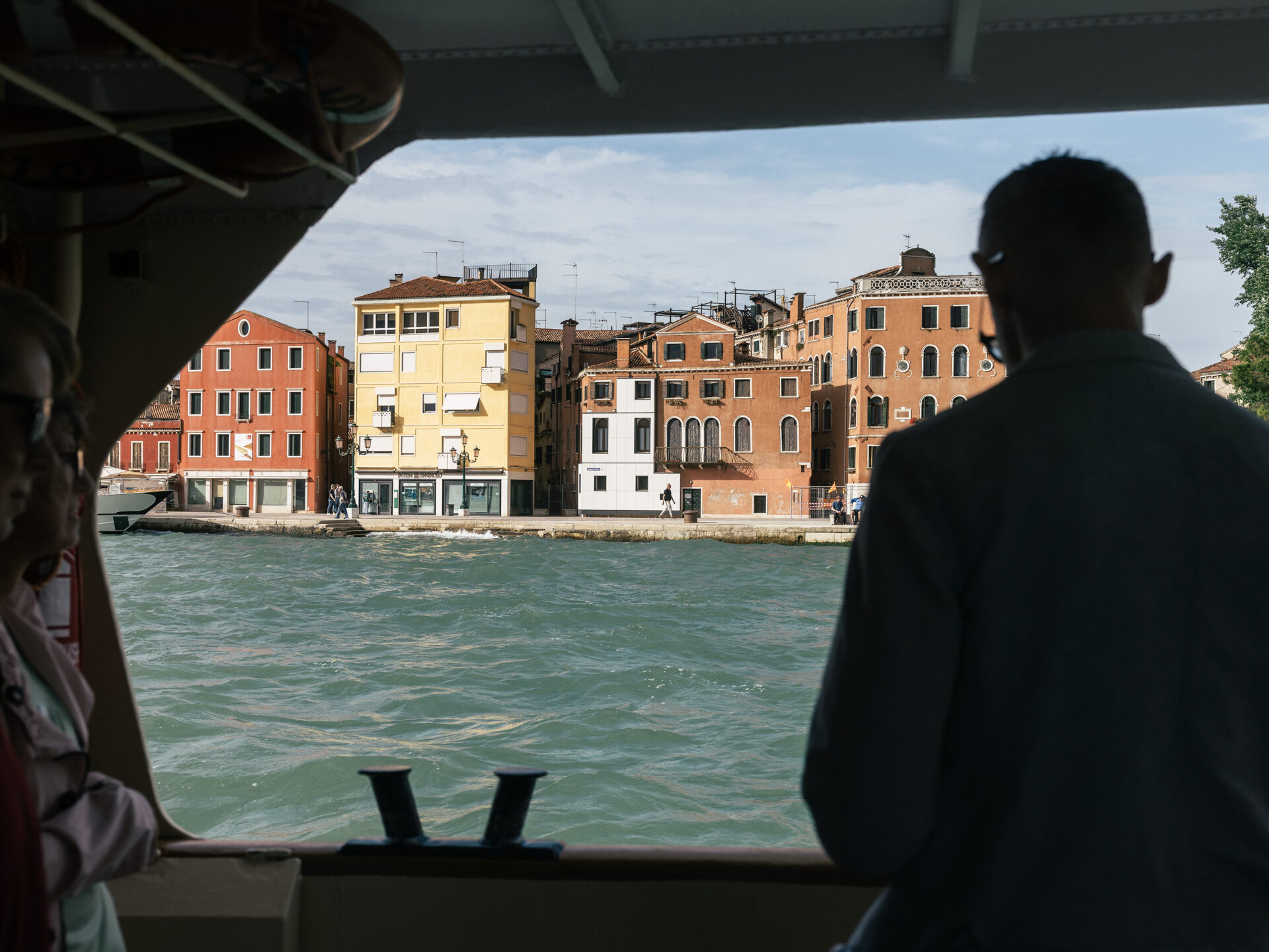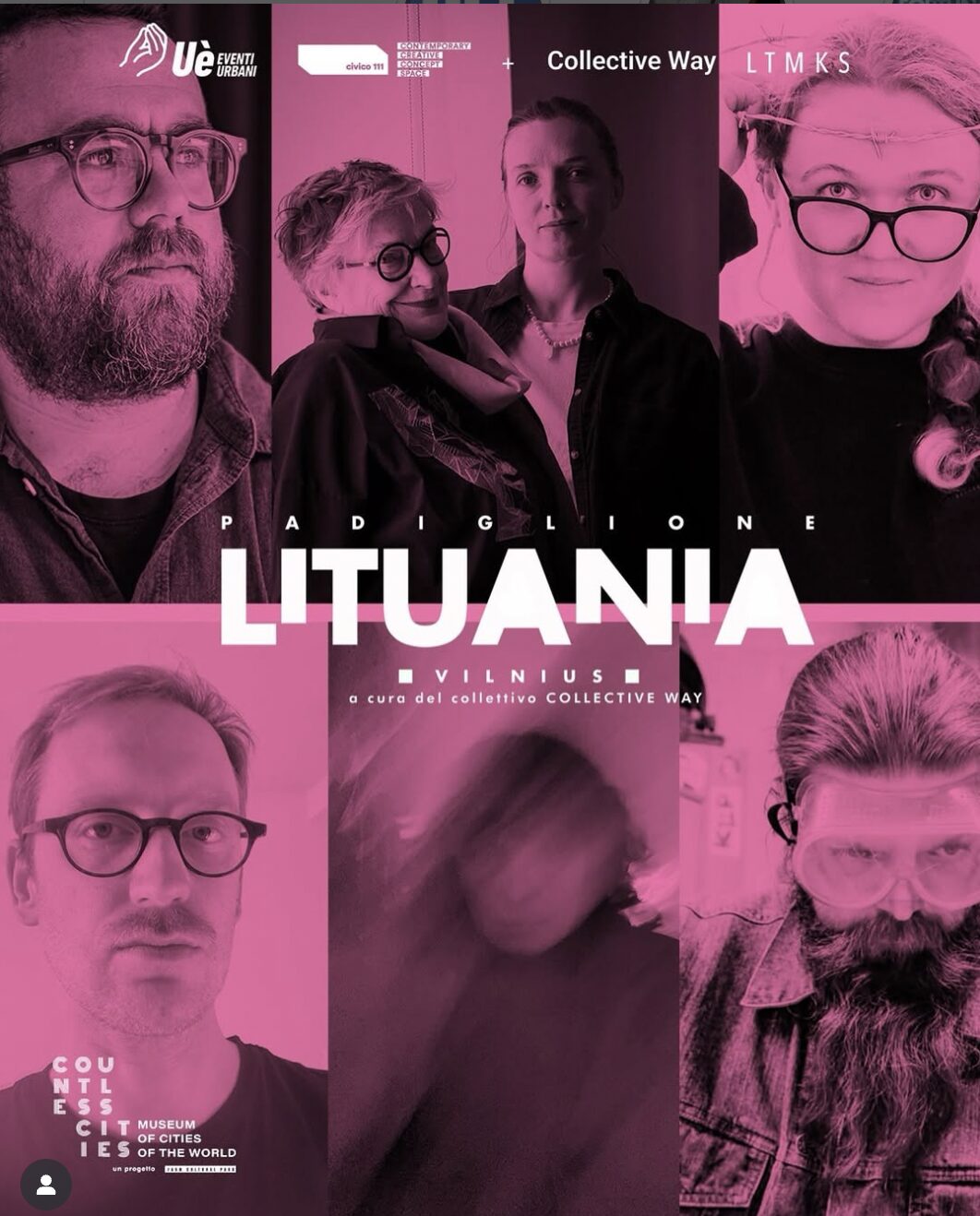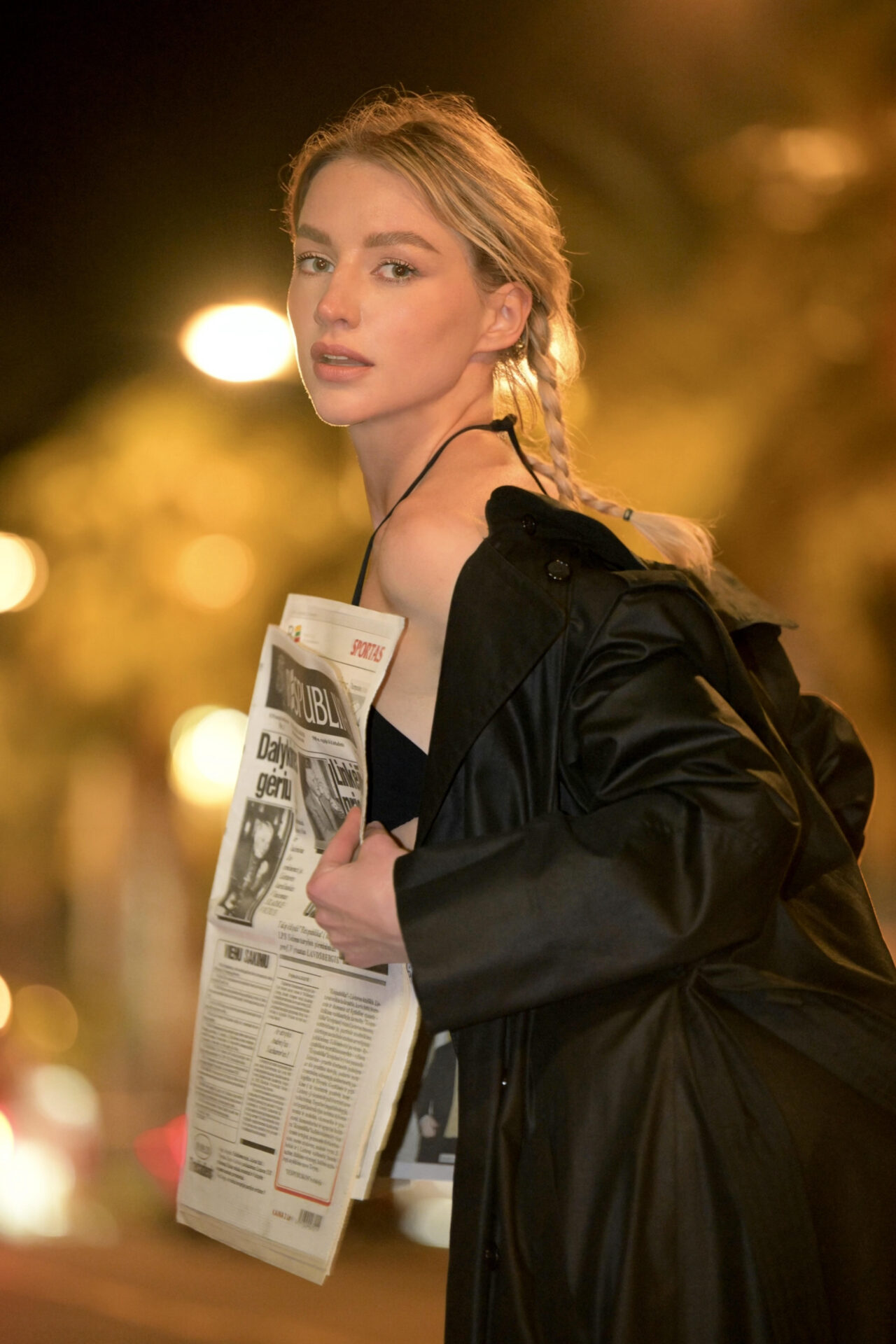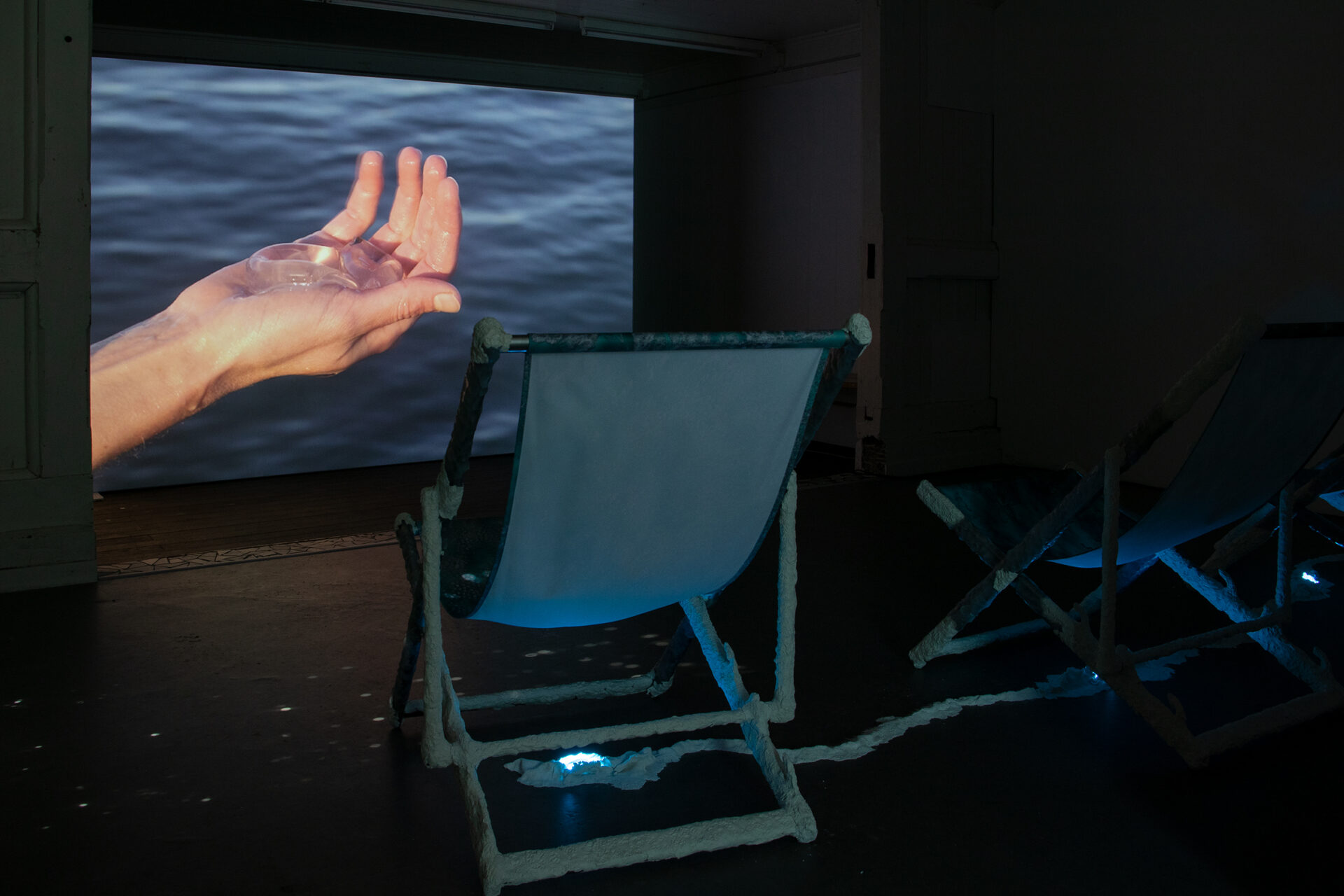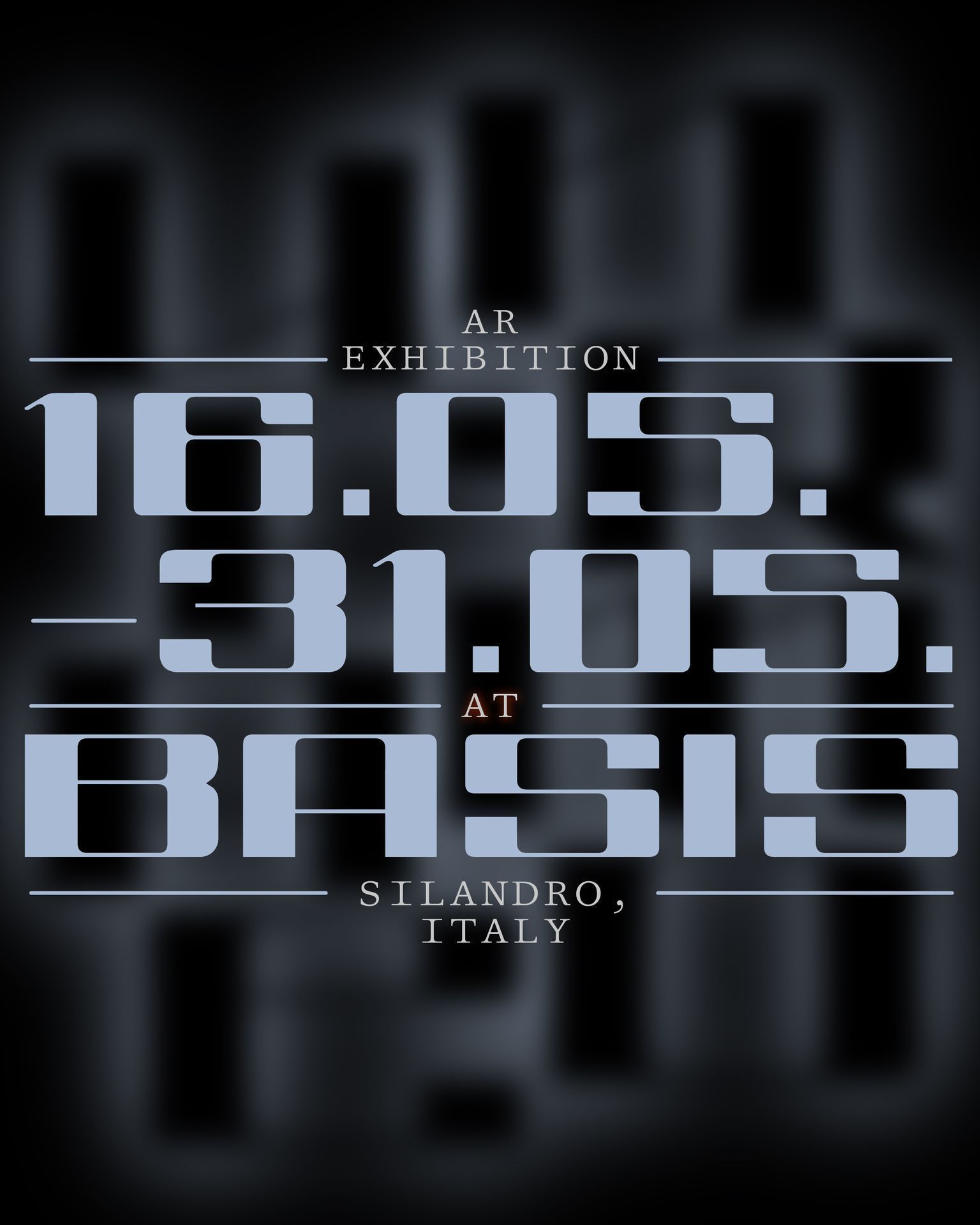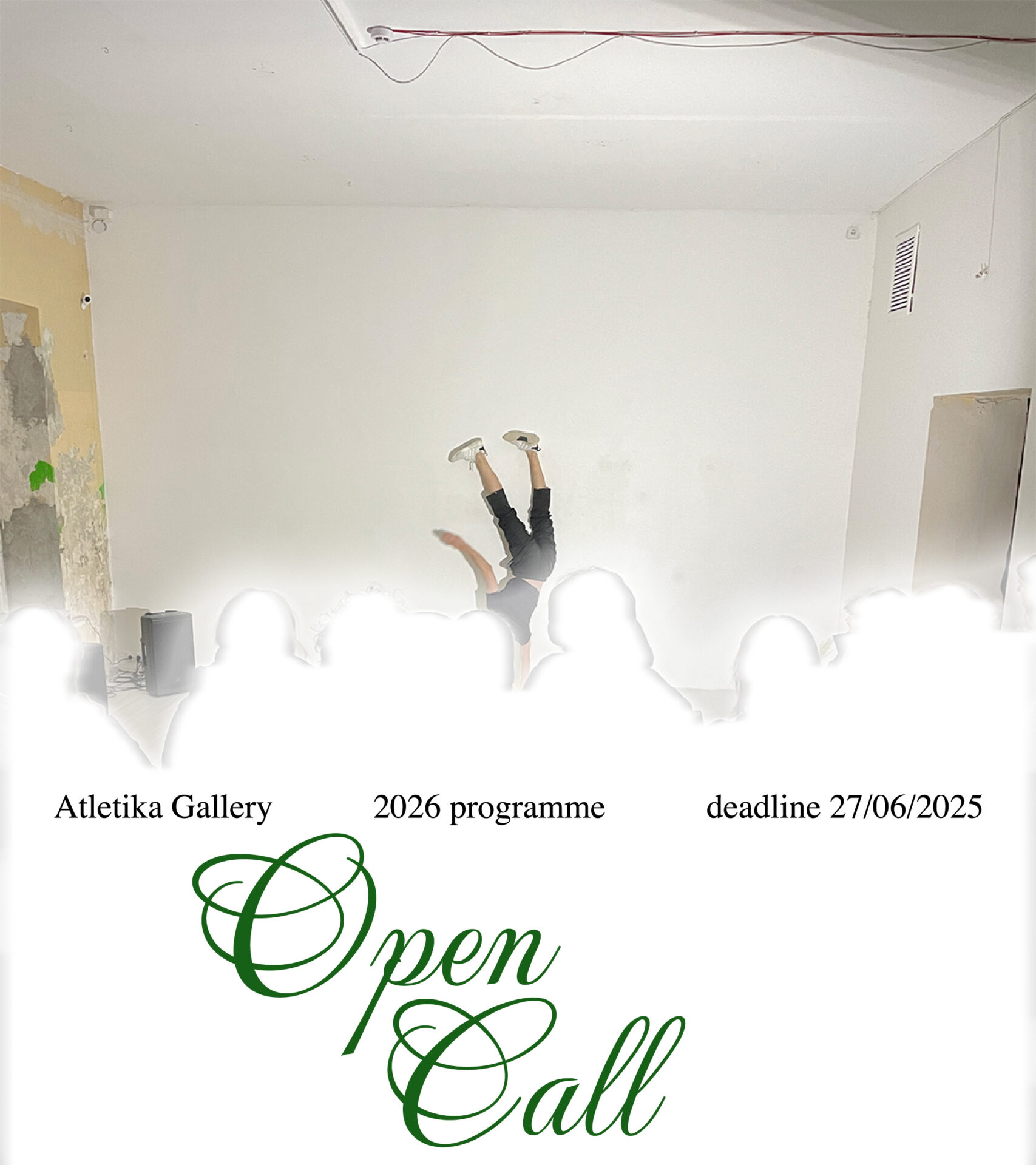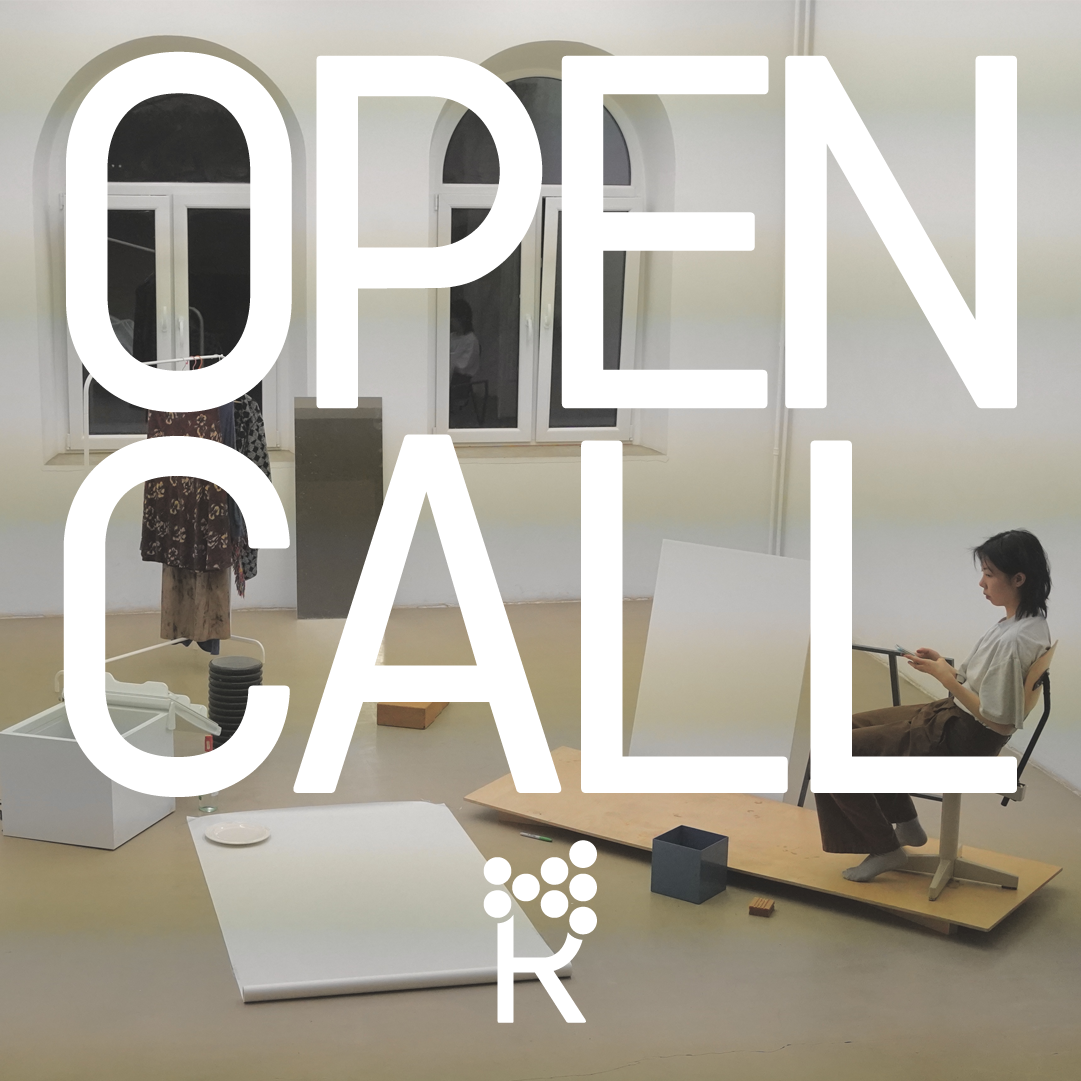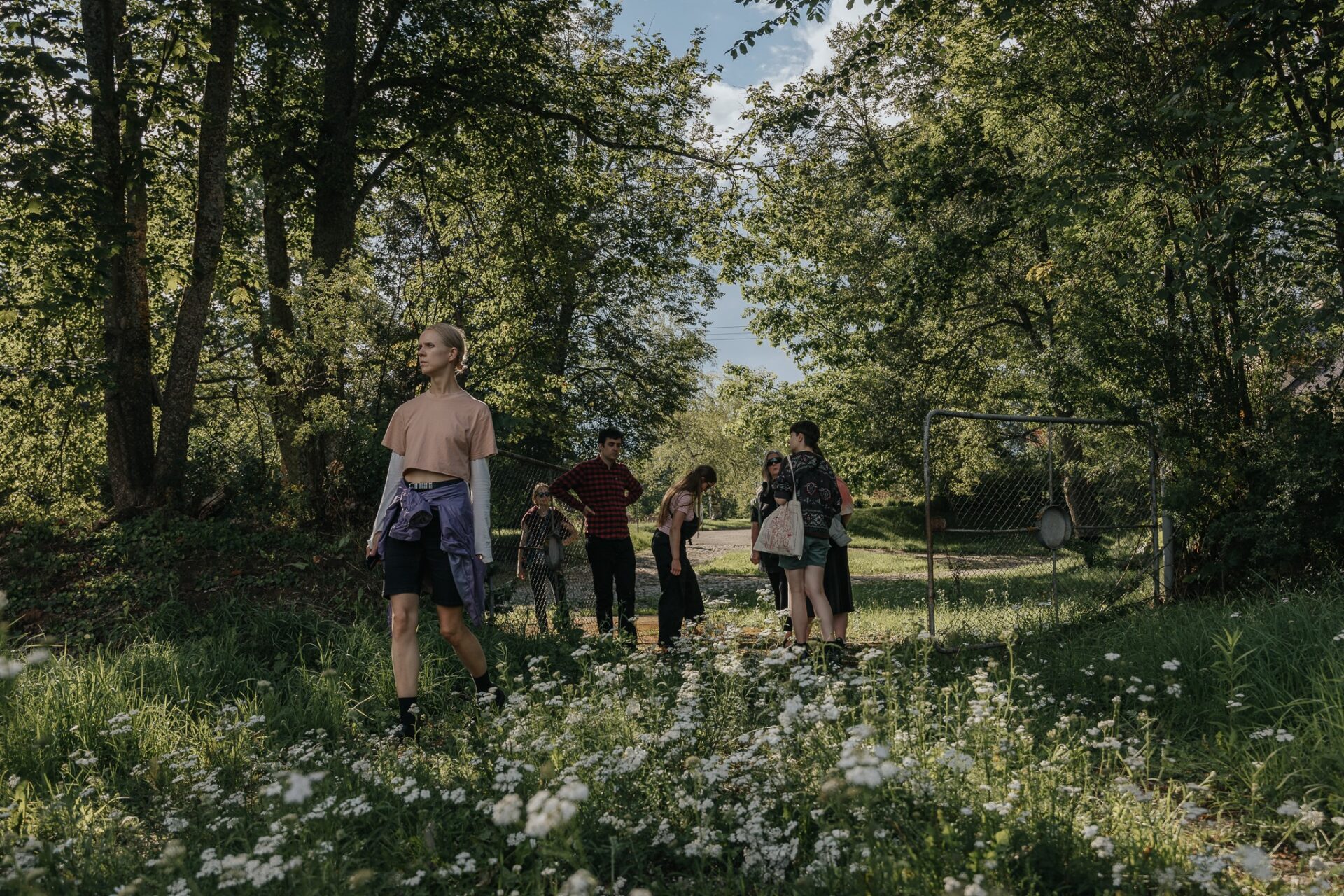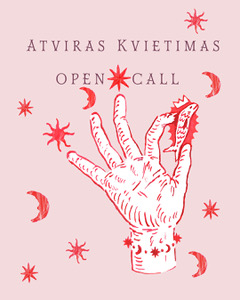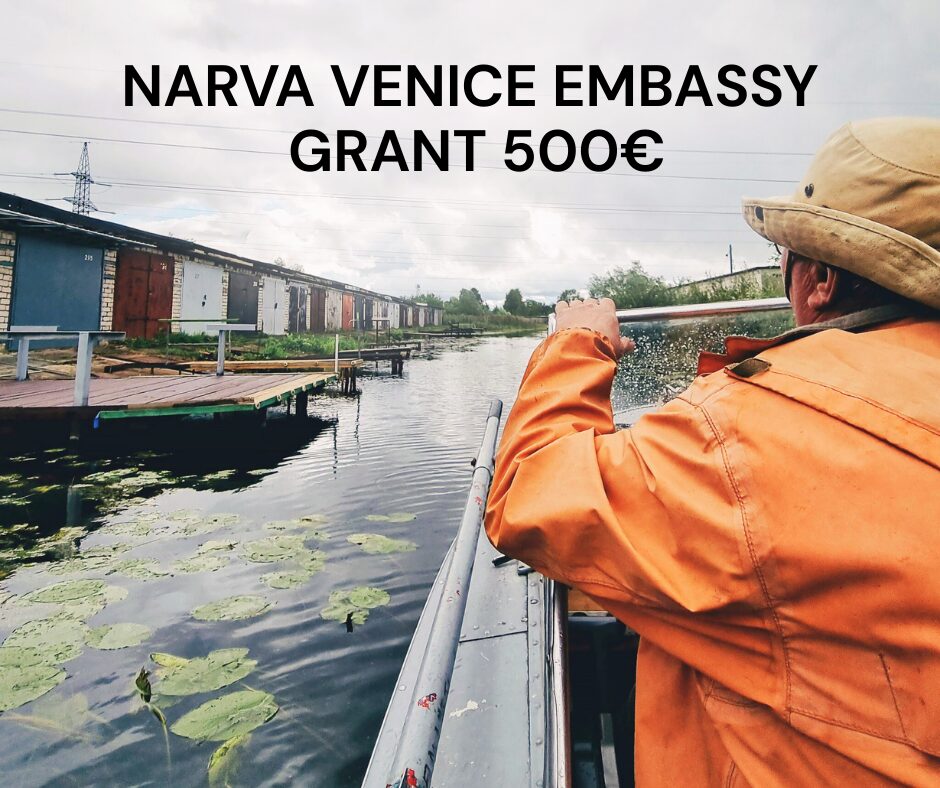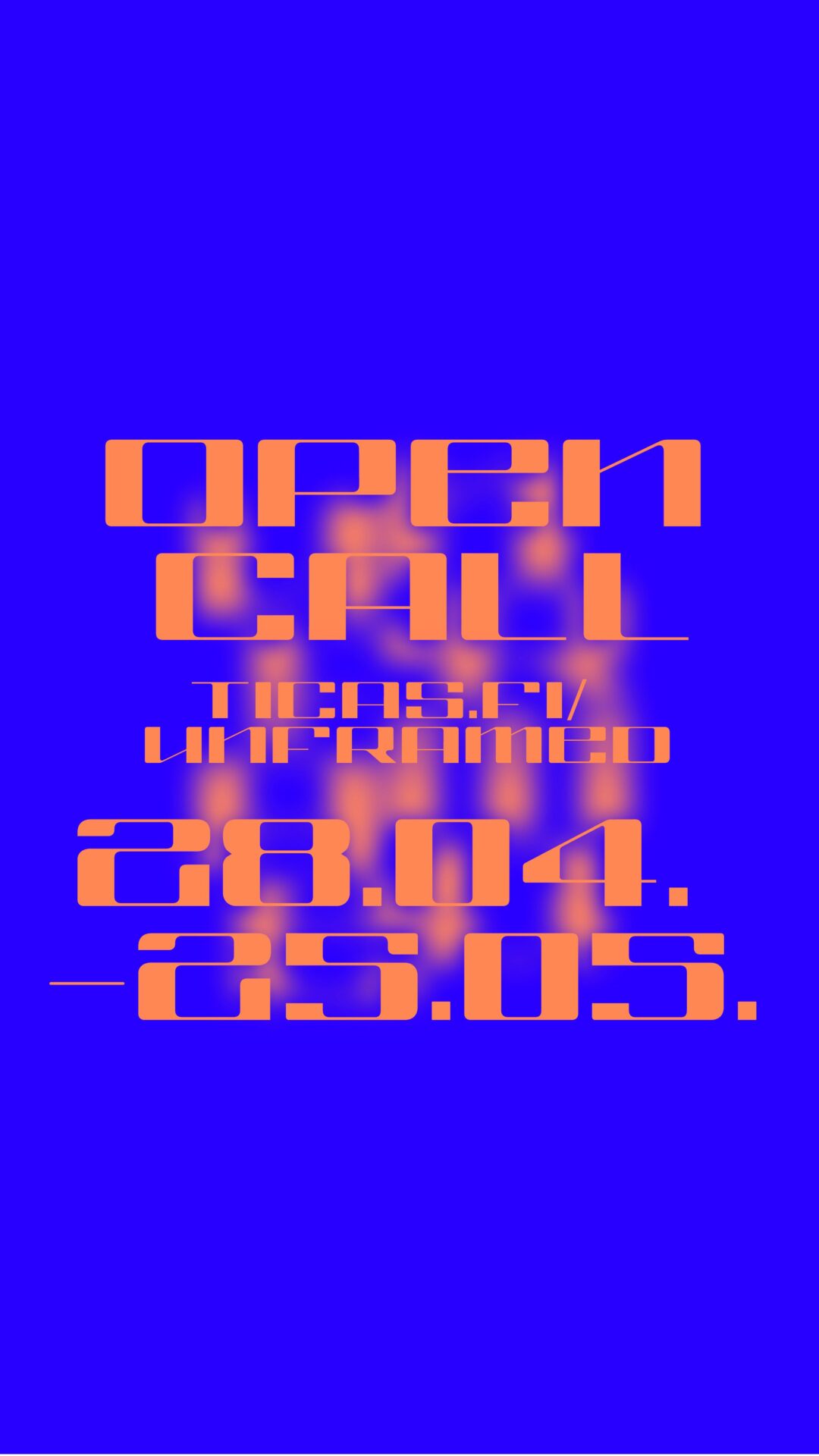Dwelling on the Threshold is a three day 4Cs project workshop at the VAA Nida Art Colony, curated by Rado Ištok, exploring the potential of spaces of passage, flux and fluidity. It will take place at the
Colony 9-12 October, 2019.
Application deadline: 18 September.
Not only is the name of Nida derived from the Old Prussian word for ‘fluent’, but the settlement itself was moved several times throughout the history to escape the constant threat of the sand drifts. The Couronian Spit is, geologically speaking, an ephemeral coast element with highest drifting sand dunes in Europe, and similarly, the nearby political border was redrawn over the centuries. Therefore, Nida is an ideal place to convene to think together about questions of continuity and disruption, survival and extinction, trauma and healing, colonisation and resistance, and settlement and displacement in relation to art’s role in society. Local histories and struggles will serve as departure points for conversations and practices bridging the pressing issues of today near and far, and considering when to surrender to inhabiting a floating space full of slippages and when to make a stand.
A full-day workshop will be led by curator Joanna Warsza with artist Kristina Norman (a joined workshop), and two half-day workshops will be led by curator Candice Hopkins, and artist Jesse Darling, who will also present their work in evening presentations. Complementary shorter afternoon workshops will be led by two artists in residence, Eglė Budvytytė and Elin Már Øyen Vister.
The workshop is free of charge and open for art professionals and students. Students of all disciplines from Vilnius Academy of Arts are especially encouraged to apply. Participants are provided with full board and accommodation, travel expenses for those who are based in Lithuania will be covered. The workshop will be conducted in English.
To apply, please send your CV, portfolio and cover letter (max. one page) explaining why this workshop (its content and leaders) would help you to develop your artistic practice.
Application documents in English should be sent to info@nidacolony.lt until 18 September. Selection results will be announced on 23 September.
The workshop is organised by the VAA Nida Art Colony as a part of 4Cs: From Conflict to Conviviality through Creativity and Culture, a European Cooperation Project co-funded by the Creative Europe Programme of the European Union.
Embarking on Border-Crossing from Nida to Rybachy (and back)
Workshop by artist Kristina Norman and curator Joanna Warsza
In the recent years the EU citizens have enjoyed the disappearance of border controls, while the EU itself have made its external frontiers more and more impenetrable. The Curonian Spit is perhaps one of the most curious examples of border making and border crossing in Europe, where borders are literally drawn on sand. Originally, in the 17th century, the settlement of Nida was located in what is now Kaliningrad Oblast, changing its location on a few occasions, just like many other villages, due to the movement of the sand dunes. In the last few years this check point (established in 1920 and again in 1991 upon dissolution of the USSR) was impassable without a heavy visa paperwork. Yet since a few months it became more porous again by introduction of free e-visa procedure.
The workshop will take form of a collective border-crossing practice by public transport. We will travel from one dune to another, from the Lithuanian Sahara on one side to a biological station on the other, from the EU to the Russian Federation, or just as the school kids from Nida in the 50s on a school trip to remains of East Prussia. The participants are invited to bring with them a textual or visual reference contextualising the act of border crossing and the experience of migration. Together, in small groups, we will construct a common reading and visual references on the current politics of borders and migration affecting people, but also other species, such as birds, or inorganic grains of sand blown across the border.
Practical note: The participants are asked to wear suitable clothes for both indoors and outdoors activities including possible rain, and to secure free e-visa for visiting the Kaliningrad Region.
Listening and Sensing as an Artistic Practice and Method
Workshop by artist Elin Mar Øyen Vister
During the workshop we will contemplate, listen/sense/feel and discuss together what a non-hierarchical listening methodology or listening artistic practice could be like. We will take a sensory walk in the surrounding landscape where we will do one or more deep listening meditations along the way. Listening is a fundamentally relational act and it is also a therapeutical and potentially transformational act. We will talk about listening to ourselves and our bodies, to each other, to our communities (human and non-human) and to the environment. We will talk about listening and sensing as care and as a tool of paying attention to the past, the present, and beyond the Western construction of linear time. Before we begin the sound-walk I would like to introduce a few listeners such as the American composer Pauline Oliveros and her “deep listening” practice, as well as the indigenous listening poetics of the Sámi artist-poet-musician-philosopher Nils-Aslak Valkeapää.
Practical note: Please turn off your phones and wear comfortable warm clothes for outdoors.
The Pleasure of Being Dragged
Workshop by artist Eglė Budvytytė
During the workshop we will explore the ideas of passage, care and attention through the lenses of somatic practices. In the first part of the workshop I will share some guided sessions around bodywork, focused on witnessing, listening, observing and touch. The second part of the workshop will comprise a dragging practice (a practice derived from the performance Some were carried, some – dragged behind, 2015.) The aim is to practice a sense of gravity, trust, and care and try out different perspectives and angles (non-vertical) of looking at the word. We will practice dragging as a gentle and slow gesture, and try out multiple ways how the body can be dragged without hurting it and causing discomfort. We will explore the pleasure of being dragged. We will also employ the act of dragging as a way to move and be moved through space, to traverse different surfaces, (possibly both indoors and outdoors) with a different sense of agency.
Practical note: Wear comfortable clothes (that can be trashed), few layers preferably.
